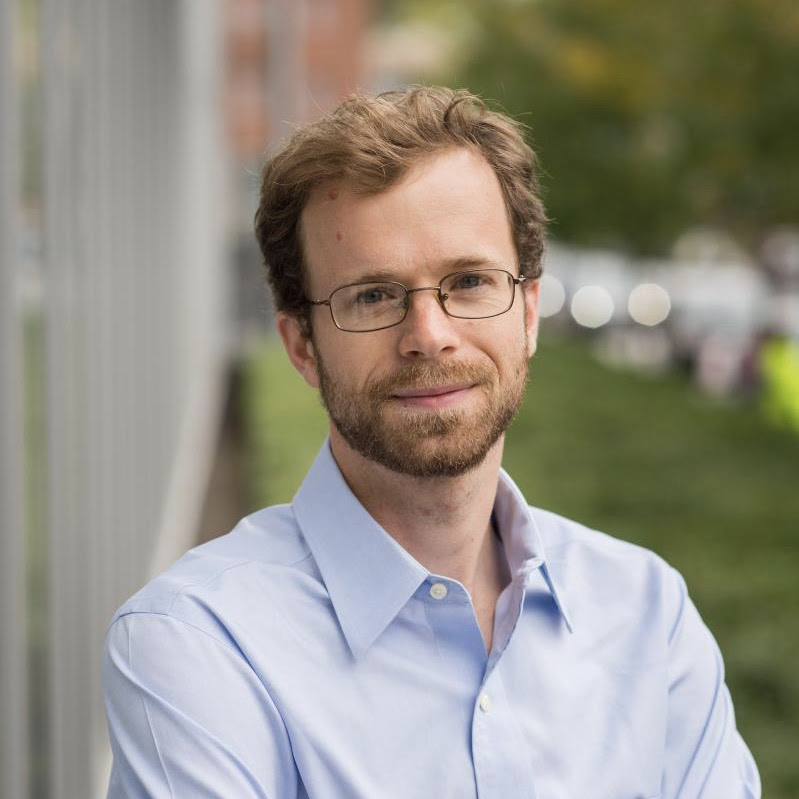Michael Davidson
University of California San Diego
Seminar Information
Engineering Building Unit 2 (EBU2)
Room 479
Seminar Recording Available: Please contact seminar coordinator, Jake Blair at (j1blair@ucsd.edu)

Industrial production emissions are generally considered hard to abate due to the heterogeneity of the processes involved in terms of energy and material inputs, interactions among processing stages, and facility configurations. In addition, economy-wide decarbonization will likely require the deployment of new types of emission-reducing industrial processes, such as direct air carbon capture (DACC) and carbon capture and sequestration (CCS), which share similar challenges. While cost-effective alternatives such as renewable energy can substitute some portion of fossil fuel-based electricity and heat supply, the extent to which it can be adopted in low-carbon industrial processes depends crucially on the flexibility of these processes. Furthermore, enhancing flexibility of these processes could provide options to phase-in low-carbon energy inputs over time, achieving moderate emissions reductions before fully decarbonizing at a later stage. In this talk, I will describe facets of the flexibility challenge and apply them to cases of CCS on a fleet of power plants and low-carbon chemical production. Classifying industrial processes according to flexibility offers new opportunities for cross-sector learning and accelerated industrial decarbonization.
Michael Davidson is an assistant professor joint with the Mechanical and Aerospace Engineering Department and School of Global Policy and Strategy at the University of California, San Diego, where he leads the Power Transformation Lab. Dr. Davidson’s teaching and research focus on the engineering implications and institutional conflicts inherent in deploying low-carbon energy at scale to mitigate environmental harms. Michael holds a Ph.D. in engineering systems and an S.M. in technology and policy from MIT, and a B.S. in mathematics and physics and a B.A. in Japanese studies from Case Western Reserve University. He has held fellowships at the Harvard Kennedy School and Tsinghua University.
